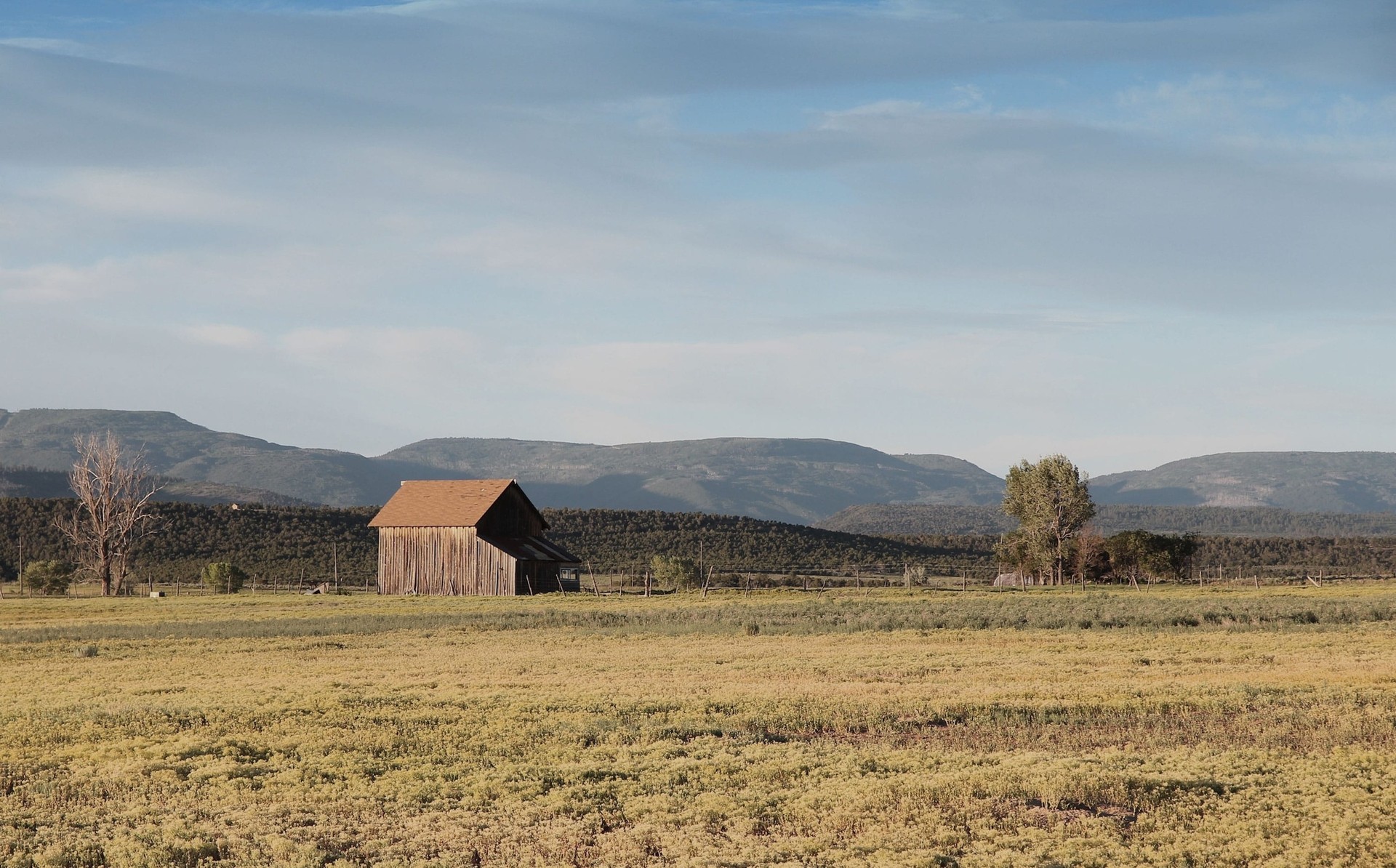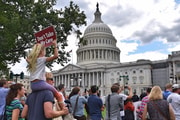One-Pager Published March 21, 2017 · Updated March 21, 2017 · 4 minute read
American Health Care Act: Devastating for Rural America
David Kendall

Despite House Speaker Paul Ryan’s claim that repealing Obamacare is an “act of mercy,” the GOP’s American Health Care Act (AHCA) is anything but for rural America.1 Specifically, the bill devastates rural areas in five ways:2
- Less health coverage. Obamacare has increased coverage in rural areas more than in large cities and suburbs.3 Coverage for adults has increased by 7.2 percentage points in rural areas compared to 6.3 percentage points in nonrural areas. According to the Congressional Budget Office, the AHCA would wipe out all the gains in coverage from Obamacare.4 That would mean about 2.9 million rural Americans (out of 44 million) would lose their coverage by 2020.5
- More hospital closures. The AHCA would end Obamacare’s Medicaid expansion in 2020, which has been a critical factor in slowing the closure of rural hospitals.6 Since Obamacare’s enactment in 2010, 59 rural hospitals have closed in states that did not expand Medicaid compared to 20 rural hospital closures in states that did expand Medicaid.7 The AHCA also fails to restore hundreds of billions of dollars in reductions to Medicare’s hospital payments under Obamacare that offset the cost of increased coverage. Since the AHCA would also eliminate coverage for 24 million Americans by 2026, hospitals would be stuck dealing with the Medicare cuts along with the loss of revenue from people with coverage. Rural hospitals, which serve disproportionately more Medicare beneficiaries, are particularly vulnerable. As a result, the GOP bill’s overall reductions in health care spending would have dramatically more impact on rural hospitals.
- Unaffordable premiums for older, rural Americans. The AHCA would deal older rural Americans a triple whammy. First, it would increase the rates that health plans can charge older Americans who buy their own coverage. Second, unlike the Obamacare tax credit, the AHCA tax credit would only partially offset the increased cost of insurance due to those higher insurance rates. Third, the tax credit would be the same across regions, even in rural areas where health coverage is often more expensive. For example, a standard health care plan in Sierra Vista, Arizona, a small community near Tucson, is 77% more expensive than in Tucson. A 64-year-old woman living in Sierra Vista with an income of $23,00 would have to pay $28,116 more for her coverage under the AHCA than under Obamacare—a cost greater than her income.8 An amendment to the AHCA could partially address the second of these three problems—the tax credit’s limited offset in costs for older Americans—but House Republicans are expecting Republicans in the Senate to work out the details9.
- Declining economic base. The combination of higher insurance premiums and fewer rural hospitals would put rural areas at a disadvantage in attracting jobs to their area. In addition, health care is, by itself, a big part of rural economies. Medicaid plays an outsized role in rural health and provides higher economic returns to rural states than states with more urban populations.10 As a result, the AHCA’s $880 billion in Medicaid cuts over 10 years would have a ripple effect on rural areas. On top of that, under the AHCA, Medicaid and other health care cuts would pay for tax cuts to high-income individuals who are less likely to live in rural areas.
- Less treatment for opioid addiction. The AHCA makes it less likely that the nation will be able to effectively combat the challenge of opioid addiction—a heart-wrenching epidemic sweeping throughout many parts of America including rural areas.11 The AHCA threatens treatment for opioid addiction in three ways: 1) fewer low- and moderate-income Americans who can least afford treatment will be able to have coverage; 2) the AHCA’s loosening of requirements for health plans to cover a minimum level of health care costs will make the treatment less accessible; and 3) the AHCA cuts to Medicaid will have an outsized impact on substance abuse treatment because Medicaid covers 25% of this treatment throughout the country.12
Unfortunately, these five repercussions of the AHCA are only a partial list. Other problems include less coverage for disabilities and nursing homes under Medicaid, longer travel times for emergency care, and less maternity care.13 Instead of putting rural health on the brink of collapse, Republicans should renounce and relent on the AHCA and work with Democrats to strengthen existing laws and programs.

